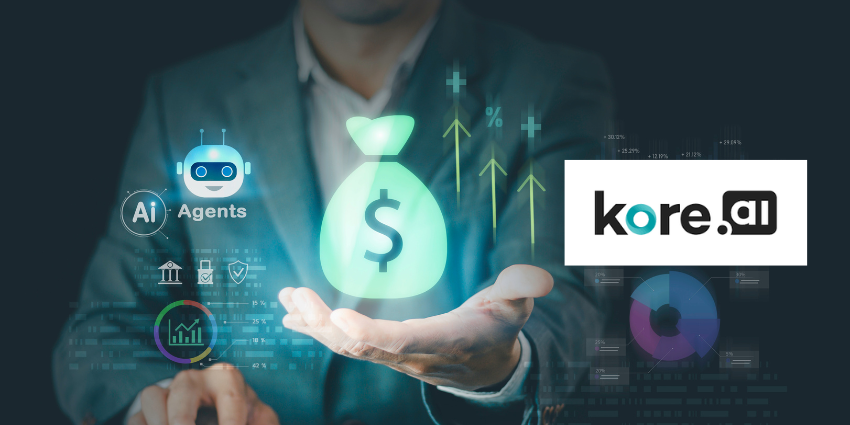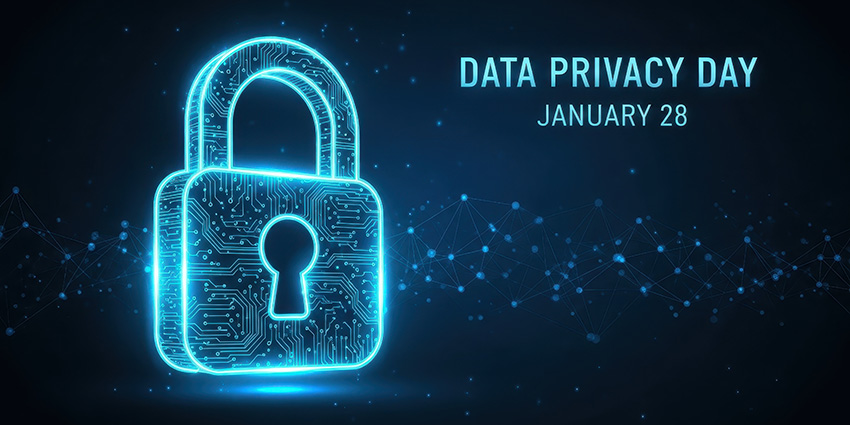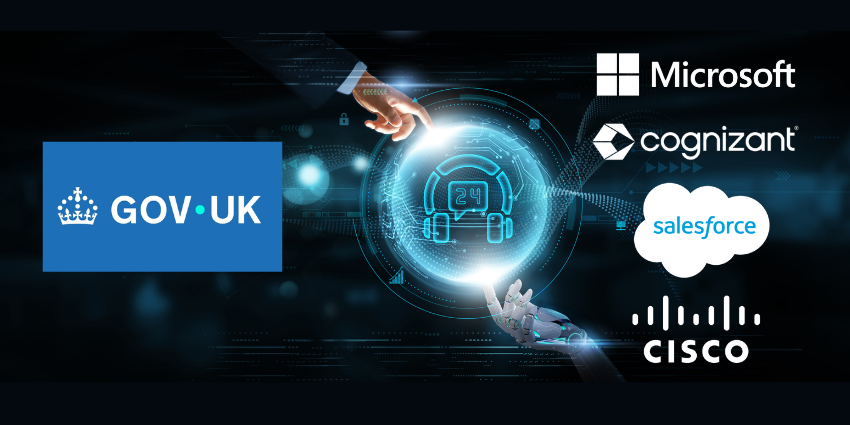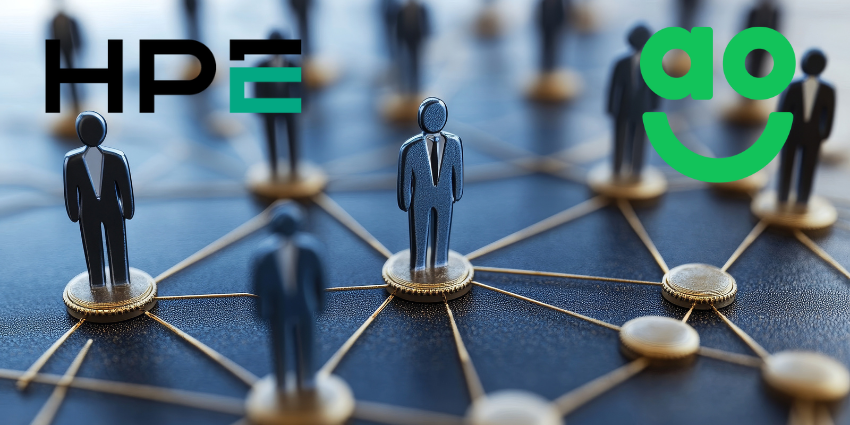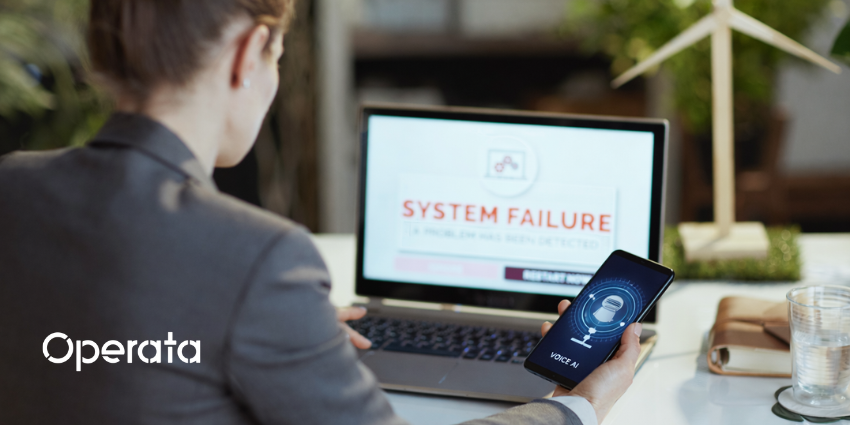Salesforce has launched yet another edition of Agentforce: Agentforce for Consumer Goods.
It comes just eight days after the announcement of Agentforce for Field Service.
Yet, this latest edition doesn’t provide pre-configured AI agents designed to augment the role of specific business users.
Instead, it targets an industry – the consumer goods industry – with a library of pre-built skills and actions, enabling companies to better build their own agents.
Specifically, the skills and actions will enable consumer goods organizations to create AI agents that perform tasks for customer service, sales, and field teams.
These may include generating account summaries, scheduling store visits, and more.
Of course, brands could build such agents on the staple Agentforce platform.
However, Salesforce claims that skills and actions available in Agentforce for Consumer Goods will allow organizations in the sector to deploy agents more quickly.
As such, Agentforce for Consumer Goods effectively provides a gateway for businesses to experiment with customizing agents and deploying them across Salesforce clouds.
That’s according to Martin Schneider, VP and Principal Analyst at Constellation Research. He said: “Salesforce is curating a strong onboarding experience for its customers to enter the age of agentic AI smoothly and with less risk.
It’s providing quick wins with out-of-the-box skills and components that build confidence and appetite for later-stage approaches that involve custom agents, multi-agent automated processes, and more.
In this sense, innovations like Agentforce for Consumer Goods will help businesses in the sector dip their toe into the proverbial water of agentic AI.
Indeed, Salesforce is encouraging brands to embrace beginner use cases where the data does not have to be incredibly massaged and perfect to provide value.
As Schneider observed, it’s an excellent way to initiate consumer goods brands with the ways that AI agents can automate common processes and augment the daily lives of customer-facing workers.
With Agentforce for Retail already launched earlier this year, expect more of these industry-specific editions of Agentforce in 2025.
However, for now, let’s consider some of the AI agents that brands can start building with Agentforce for Consumer Goods.
Agents for Customer Service
With the customer service skills available on Agentforce for Consumer Goods, brands can build agents that support live reps by providing them with instant access to customer account information.
Such information could include their transaction history, products they’ve shown interest in, and compliance issues.
So, for example, if a customer calls in regarding an upcoming shipment, the rep can ask the AI agent for an account summary.
The AI agent may then present key information – like their revenue performance, visit history, etc. – and even suggest next best actions.
For example, the agent may suggest scheduling a store audit to increase the chance of further sales.
Additionally, service teams may benefit from the proactive maintenance skills available on Agentforce for Consumer Goods.
With these skills, they can engage in proactive asset management by creating AI agents that automate asset health summaries, quotes, work orders, and email summary drafts.
Consider a service rep at a home appliances company. They can assess if a customer has upcoming maintenance needs by asking an AI agent to summarize the health of the consumer’s product.
If it’s due, the AI agent can create that quote, work order, and email for review. The rep can then edit and send, enabling proactive customer service.
Agents for Sales
AI agents can support sales reps by suggesting relevant products, crafting pitches, and recommending discounts.
The telesales skills inside Agentforce for Consumer Goods allow businesses to build AI agents that complete these tasks.
Sales reps can engage with such agents during live calls, too, gaining suggestions for relevant products and discounts based on account details and pricing conditions.
Then, there are the sales agreement management skills.
These skills enable agents that spot deviations in account performance and help commercial teams create action plans to address them.
So, for instance, if an account records an order valued far lower than they had first expected, Agentforce can quickly recommend actions like pitching new items to the client.
Agents for Field Teams
Agentforce for Consumer Goods also offers visit management skills. These enable the creation of agents that book store visits and eliminate manual scheduling.
Additionally, businesses can create an agent that automatically assigns drivers based on their schedule, available inventory, and store priority.
As such, say a customer calls in for a replacement shipment. An Agentforce agent could automatically schedule a visit, confirm the earliest delivery time, and adjust the driver’s schedule – all without human intervention.
More News from Agentforce
In March, Salesforce introduced Agentforce 2dx, the next evolution of its staple platform, enabling more proactive agents and self-diagnosing data gaps.
It built upon the December launch of Agentforce 2.0, which extended automation beyond the Salesforce ecosystem, enabling AI agents to operate across both front- and back-office systems.
Salesforce has confirmed that it already has over 5,000 Agentforce customers.
Editions like Agentforce for Consumer Goods will offer more businesses an entry point to embrace the platform and get started on agentic AI.
Have thoughts to add? Join the conversation on LinkedIn or Reddit—we’d love to hear your perspective.


